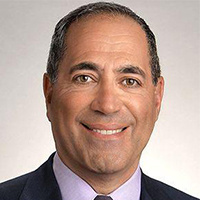Nassau RICO Act Lawyer, New York
Sponsored Law Firm
-
 x
x

Click For More Info:
-
The Law Offices of Richard L. Cooper, P.A.
848 Brickell Avenue Suite 800 Miami, FL 33131» view mapDWI/DUI, Drug Trafficking, Felony Nationally Ranked Top 40 Under 40
With Richard L. Cooper you can expect a trusted confidant who will work diligently to fully understand your case and determine a road map to help you regain control of your life.
800-756-2781
Not enough matches for Nassau RICO Act lawyer.
Below are all Nassau Criminal lawyers.
Donald W. Boyajian
✓ VERIFIEDDonald W. Boyajian has been practicing law for over 35 years and is the Managing Partner of the firm. Don is a life-long resident of the Capital Regio... (more)
Ryan M. Finn
✓ VERIFIEDAttorney Ryan Finn of Finn Law Offices has worked for big law firms and he knows how they approach a legal conflict. He is well known and well respect... (more)
April M. Dalbec
William J. Dreyer
Cheryl F. Coleman
FREE CONSULTATION
CONTACT
 Richard L. Cooper Miami, FL
Richard L. Cooper Miami, FL AboutMiami Attorney at Law
AboutMiami Attorney at Law ServicesCriminal Defense
ServicesCriminal Defense



